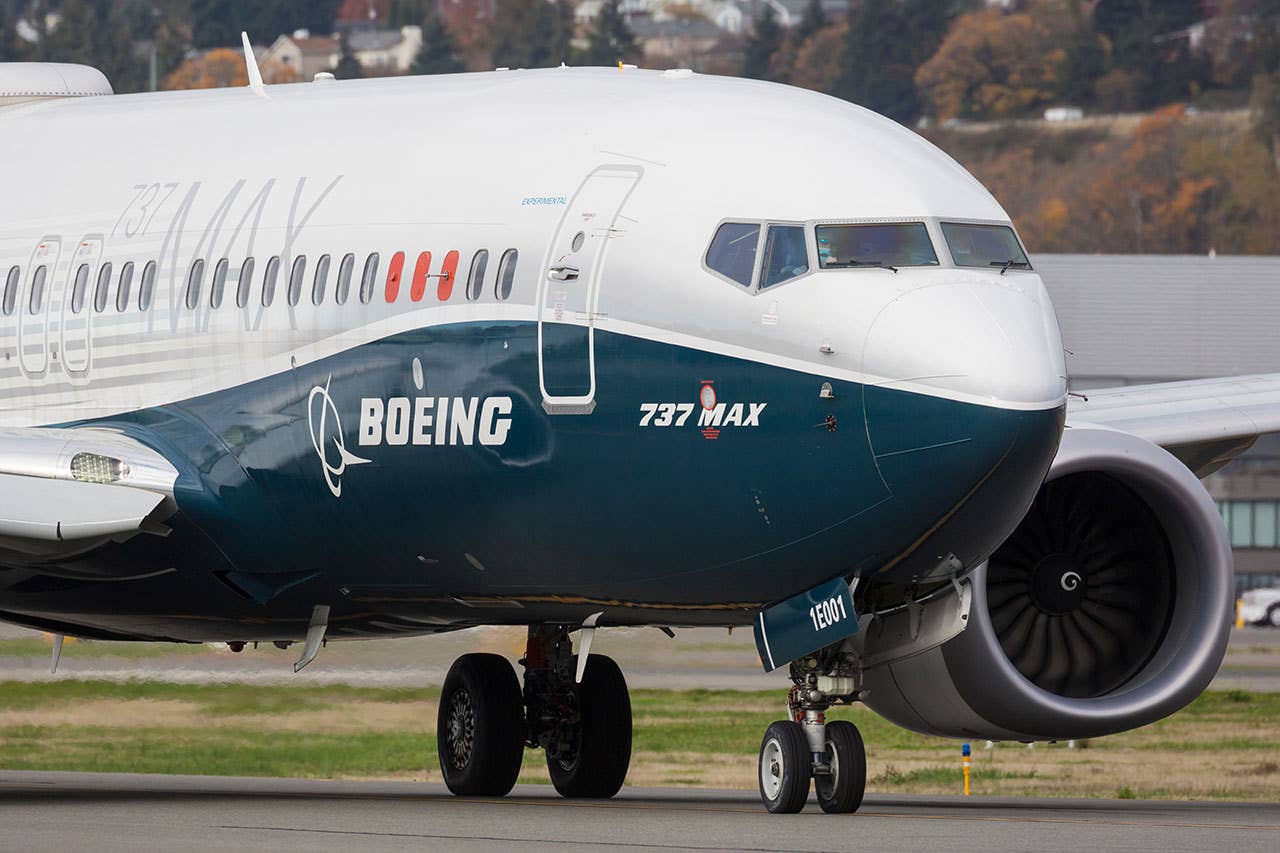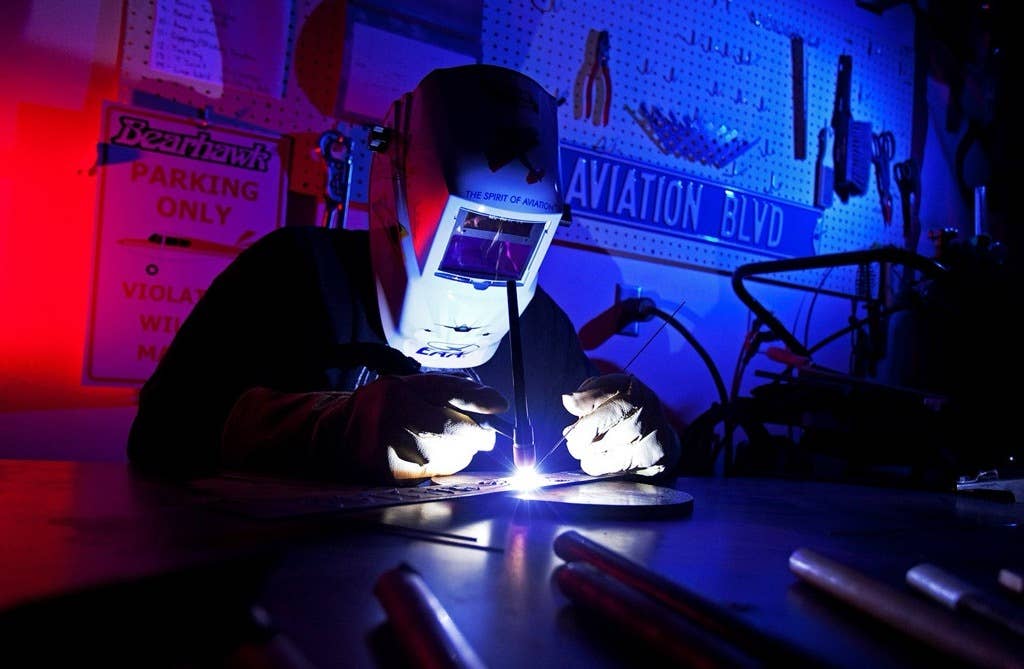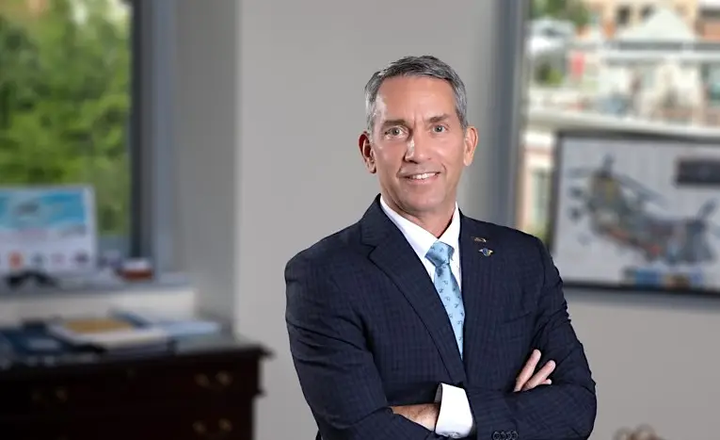Going Direct: Boeing‘s Massive Fine Over 737 Max Was Justified
And why it’s too bad another organization couldn’t have gotten smacked down, too.

Boeing 737. Photo by BlueBarronPhoto/Shutterstock
Earlier this week, Boeing agreed to a $2.5 billion fine for what the United States Justice Department is calling criminally fraudulent behavior in the certification of the aircraft.
"The tragic crashes of Lion Air Flight 610 and Ethiopian Airlines Flight 302," wrote the Justice Department, "exposed fraudulent and deceptive conduct by employees of one of the world's leading commercial airplane manufacturers." It went on to say that, "Boeing's employees chose the path of profit over candor by concealing material information from the FAA concerning the operation of its 737 Max airplane and engaging in an effort to cover up their deception. This resolution holds Boeing accountable for its employees' criminal misconduct, addresses the financial impact to Boeing's airline customers, and hopefully provides some measure of compensation to the crash-victims' families and beneficiaries."
As part of the settlement, Boeing agreed to be more transparent in its processes with the FAA and to report any incidents of fraud or other illegal activity it might become aware of in its certification efforts, though it's strange that part of the settlement is that Boeing agrees to obey the law going forward. Does that really need to be part of such a settlement?
The depth of misconduct has been shocking. I've been covering the story of Boeing's latest new single-aisle airliner for so long that my computer volunteers the next word, "debacle," any time I begin by typing, "737 Max." The story is horrifying, not only for the loss of human life, but for the backstory we would come to learn about Boeing's wishful thinking on how easy it would be for pilots to grasp the new tech of the Max, called MCAS. Without rehashing the details, MCAS is an always-on stability augmentation system designed to help the bigger-engine Max meet the FAA's stability standards.
We learned early on that Boeing had pushed the design through its processes very quickly, in order to catch up with Airbus, whose A320 Neo boasted fuel efficiency far better than that of the then-current gen 737s. The 737 Max added the larger and heavier CFM International LEAP-1B engines, which necessitated the addition of MCAS.
The problem was, Boeing needed to get the plane though certification fast in order to sell planes, and the things it should have done, like mandate additional training for flight crews transitioning from an earlier 737 model to the Max, known as differences training, were purposely avoided. The less training its customers need to provide their flight crews, the better their profits are. Boeing also failed to provide adequate training materials to the airlines who bought the 737 Max, putting their pilots and the traveling public in a position where the crews might be mystified by what the plane was doing if the MCAS were to malfunction, or as was the case with the Lion Air and Ethiopian crashes, get faulty air data.
The actuality of the offenses is shocking. Again, from the Justice Department: "In and around November 2016, two of Boeing's 737 MAX Flight Technical Pilots, one who was then the 737 MAX Chief Technical Pilot and another who would later become the 737 MAX Chief Technical Pilot, discovered information about an important change to MCAS. Rather than sharing information about this change with the FAA AEG, Boeing, through these two 737 MAX Flight Technical Pilots, concealed this information and deceived the FAA AEG about MCAS. Because of this deceit, the FAA AEG deleted all information about MCAS from the final version of the 737 MAX FSB Report published in July 2017. In turn, airplane manuals and pilot training materials for U.S.-based airlines lacked information about MCAS, and pilots flying the 737 MAX for Boeing's airline customers were not provided any information about MCAS in their manuals and training materials."
The fine won't bring back any of the lives lost on the Max, nor will it bring back the billions in capital that Boeing lost during the past 22 months that the Max has been grounded. The plane that was supposed to deliver Boeing and its customers greater revenues than ever wound up nearly ruining the company, and the damage done to its reputation could take decades to repair. But the fine will almost certainly reset company attitudes about its obligations to work with safety in mind over production schedules and profitability.
The other organization that bore a great deal of responsibility in the whole mess but that didn't get a $2.5 billion fine, or any fine for that matter, is the FAA. The agency was lambasted by investigators on a House Transportation Committee probe into the 737 Max certification, characterizing the FAA's role in that process as offering "grossly insufficient oversight."

Subscribe to Our Newsletter
Get the latest Plane & Pilot Magazine stories delivered directly to your inbox






